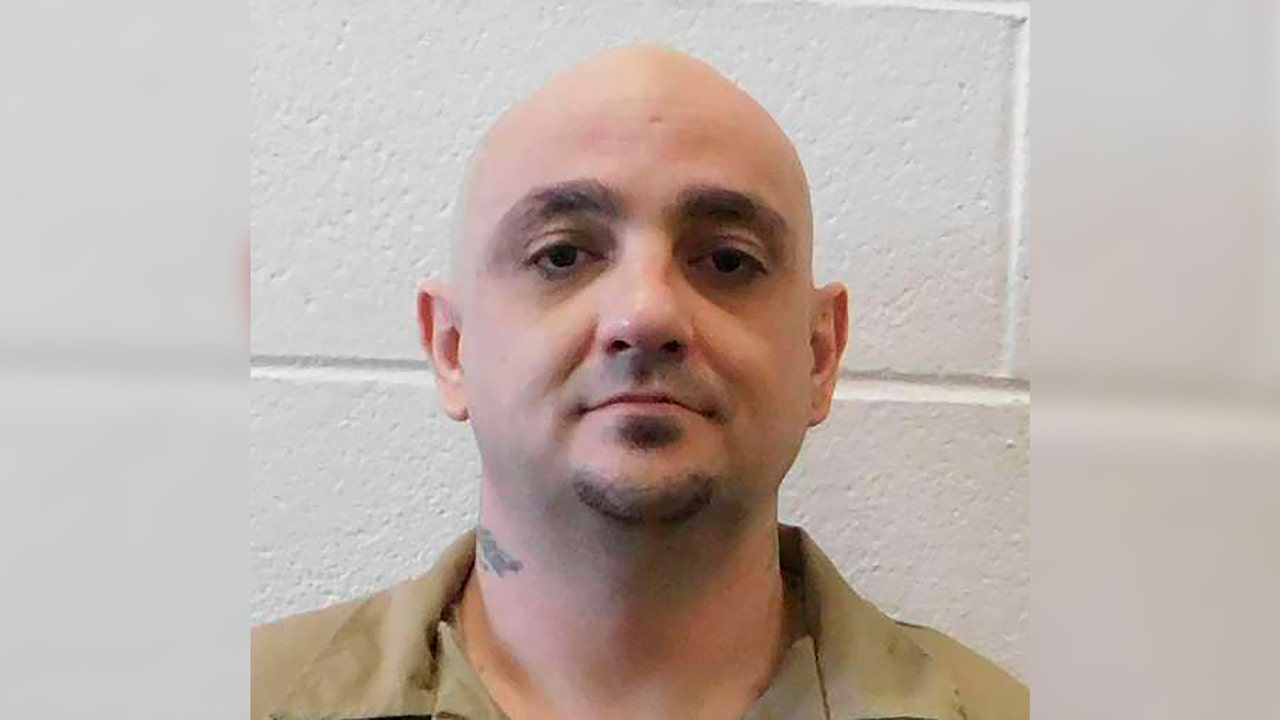The Capitol Police, facing a flood of violent threats against members of Congress that is expected to rise with the upcoming November elections, have begun hiring prosecutors dedicated to going after people who threaten lawmakers.
Frustrated that threat cases viewed as serious by the police often do not lead to punishment, the agency has added three attorneys and detailed them to the Department of Justice to pursue such cases that specifically focus on the unique types of threats faced by federal lawmakers.
The hires are part of an array of security changes the agency has implemented to better protect members of Congress in the wake of the Jan. 6, 2021, attack on the Capitol. The Capitol Police are requesting $906 million next fiscal year, an increase of more than $60 million over what they sought last year. That total includes the salaries of three prosecutors — two who were hired last year and one this year — who are responsible for ensuring that suspects accused of making credible threats to members of Congress are punished in court.
“One of the issues we faced over the years is the number of threat prosecutions versus the number of threats is actually pretty low,” Tad DiBiase, the general counsel for Capitol Police, said in an interview.
Last year, the Capitol Police investigated 8,008 threat cases, the second-highest total on record in the agency’s history. That number, which includes investigations into concerning statements and direct threats, is expected to increase this year in line with a general uptick that precedes elections.
But only a fraction of those threats — just 27 percent of the serious, specific ones that the police referred to federal prosecutions in 2023, for example — were ever prosecuted.
Top law enforcement officials on Capitol Hill have said little publicly about threats against members of Congress. But in recent interviews, Mr. DiBiase and Ashan M. Benedict, the office’s newly hired assistant chief of protective and intelligence operations, were unusually candid about their efforts to adapt to a new, heightened threat environment and protect lawmakers — and how their agents are constantly swamped by a barrage of dangerous rhetoric that is on the rise.
“They’ve really got to sift through the noise,” Mr. Benedict said.
It can be difficult to distinguish violent language from credible threats of violent action, the officials said, and to determine when a menacing individual might shift from words to deeds.
“Multiple postings turns into, now they’re driving by a location or they’re researching the members’ families and their history and it’s starting to escalate,” Mr. Benedict said. “When our agents see things starting to escalate, that is going to be very concerning to us. And that’s what I find probably more shocking, is that it’s happening with more frequency.”
The new hires have been designated by the Justice Department as experts on congressional threats who can advise other prosecutors across the country on how to make threat prosecutions stick. They are not involved in prosecuting defendants charged with the Jan. 6 attack on the Capitol.
The increased focus on threats comes at a time of growing alarm about the rise of violence against elected officials. Over the weekend, a 35-year-old man was charged with setting a fire outside the Burlington office of Senator Bernie Sanders, independent of Vermont. (Mr. Sanders was not present and the case was handled by federal prosecutors in Vermont, not one of the three special ones detailed to members of Congress.)
In the past, it could be difficult for the Capitol Police to motivate federal prosecutors to focus on threats against members of Congress, particularly with the rise in violent crime in Washington, D.C.
Even as violent crime has dropped in many cities in recent years, Washington has experienced a spike, with homicides rising by 36 percent last year for a 20-year high, surpassing nearby Baltimore. That meant prosecutors’ dockets have been stretched thin, and threat cases against members of Congress at times took a back seat to carjackings or felony cases.
“Prior to this, we were competing with attorneys that had a huge caseload and sometimes they just looked at our case and said, ‘OK, not sure this is going to rise to the level of being a priority for me because I’m prosecuting much more serious cases,’” J. Thomas Manger, the chief of the Capitol Police, said at a recent congressional hearing. “This way, we have folks that their priority is working threats against members of Congress.”
The three new special federal prosecutors are based in Washington, D.C.; Sacramento; and Tampa, Fla. The special U.S. attorney in Washington, in particular, has reduced time for a subpoena request from weeks to days, if not hours, the agency said.
One of the new prosecutors worked on the high-profile murder case against South Carolina lawyer Alex Murdaugh.
At a recent congressional hearing, Representative Laurel Lee, Republican of Florida, praised the hiring effort, saying it helps “ensure that you are keeping members of Congress, other government officials and the public safe,” and asked if it could be expanded.
“As the workload presents itself, it’s a very efficient way for us to handle these cases so that not every investigator, not every attorney is flying out from D.C.,” Chief Manger responded. “We’ve got folks around the country that can be on the scene working these cases.”
The agency pointed to examples in which its specially assigned prosecutors have handled threat cases against both Republican and Democratic lawmakers.
For instance, when Representative Angie Craig, Democrat of Minnesota, was assaulted last year in her apartment elevator in Washington, a federal prosecutor who was paid for by the Capitol Police handled the case. And when Lee Zeldin, then a Republican congressman from New York, was attacked during a campaign event in 2022, the prosecution was funded by Capitol Hill.
Last summer, the police department started a new initiative to add special agents to further protect members of Congress, promoting recruiting videos that showcase protective operations. Previously the agency’s investigations and dignitary protection divisions hired only internal candidates.
One of the challenges in determining which cases to prosecute, attorneys said, is being able to show that an individual’s inflammatory language was intended as a true threat.
“In an election year, it’s going to get even more difficult,” Mr. DiBiase said, “because people are going to say things like, ‘Oh, I wish Joe Biden would die’ or ‘I wish Trump would die.’”
One of the harshest sentences handed down to an individual who threatened members of Congress came in 2021, after a man from New Hampshire was sentenced to 33 months in federal prison and fined $15,000 for leaving voice mail messages for six members of Congress, threatening to hang them if they did not support Donald Trump.
But such cases rarely receive hefty sentences. Some judges opt to put the defendant on probation instead, reflecting that in some instances, prosecution is “not necessarily the best solution,” Mr. DiBiase said.
“Many of these people have mental health issues,” he said. “So is prosecuting really going to cure that? Or is it better to kind of monitor the person, see if they can get some level of assistance?”






